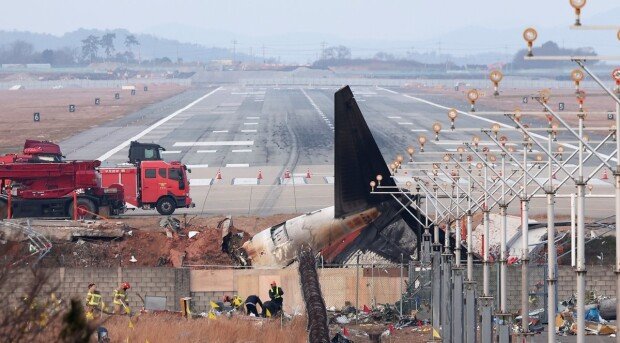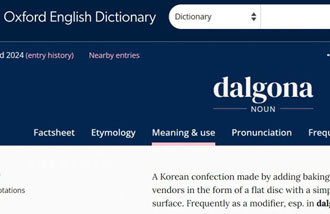Air traffic controllers assigned to Muan Airport resign
Air traffic controllers assigned to Muan Airport resign
Posted January. 07, 2025 08:00,
Updated January. 07, 2025 08:00

Despite the increased emphasis on the importance of air traffic control following the Jeju Air plane crash, many regional airports are struggling to secure sufficient air traffic control staff. In particular, Muan Airport, where the disaster occurred, faced further challenges as some controllers resigned during the process to fill vacancies. Concerns are growing that the shortage of air traffic controllers threatens the safety of regional airports.
According to the aviation industry, on Monday, Muan Airport had seven air traffic controllers. Of these, two controllers on duty during the Jeju Air accident on December 29 last year are no longer active in their roles. To address the personnel shortage, the Busan Regional Office of Aviation, which manages Muan Airport, planned to send controllers from nearby airports to Muan. However, during this process, one controller assigned to Muan Airport resigned, and another controller from the Busan Regional Office of Aviation submitted a resignation letter around the same time.
The aviation industry attributes these departures to excessive workloads and poor working conditions faced by controllers, which have accumulated over time and led to staff attrition. Currently, the Busan Regional Office of Aviation manages nine airports, including Muan, Gimhae, Daegu, Yeosu, and Ulsan, with only about 50 controllers in total—about half the number recommended by the International Civil Aviation Organization. Despite the limited number of personnel, the workload is significant. According to the Ministry of Land, Infrastructure, and Transport, the Muan Airport control tower handled an average of 111 flights per day in 2023, about three times more than other regional airports.
As a result, some in the aviation industry suggest temporarily suspending operations at certain airports without commercial flights to secure air traffic control staff. “The shortage of controllers cannot be resolved by merely reallocating existing staff," a controller emphasized. "Improving working conditions to secure essential personnel is the most urgent priority."
변종국 기자 bjk@donga.com
Headline News
- Pyongyang test-fires new hypersonic IRBM with longest flight range
- NVIDIA CEO: ‘ChatGPT moment for general robotics just around the corner’
- President security service chief refuses second summons
- NVIDIA CEO: ‘ChatGPT moment for general robotics just around the corner’
- N. Korea fires intermediate-range ballistic missile







